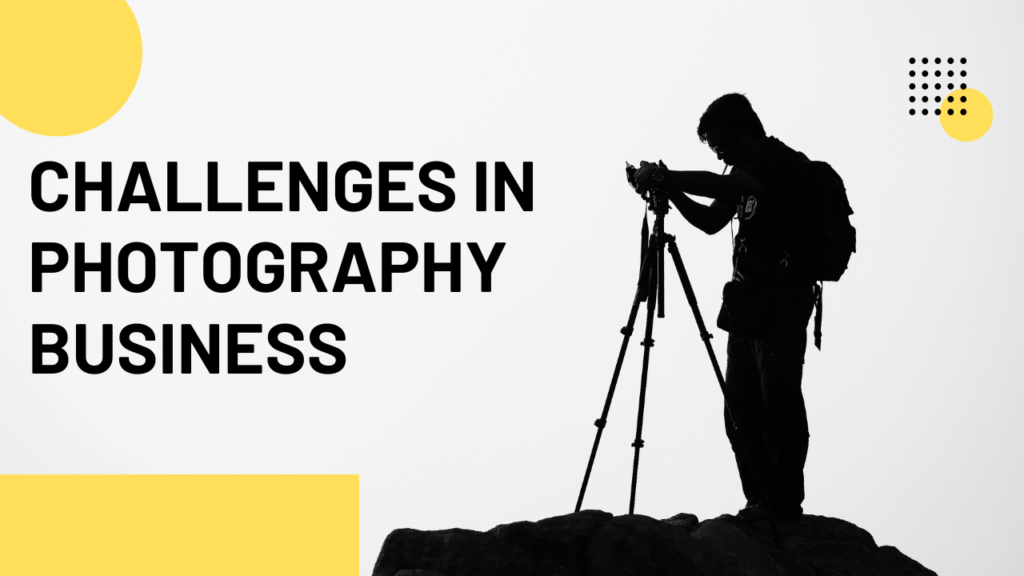Starting a photography business can be an exciting journey for creative individuals who are passionate about capturing the world through their lens. Whether you wish to delve into this full-time or as a part-time venture, it’s an opportunity to turn your hobby into a profitable career. This comprehensive guide explores the various aspects of launching a photography business, from initial investments to the benefits and challenges you might encounter along the way.

Understanding the Photography Business
A photography business involves capturing images for commercial and personal use, which can include events like weddings, portraits, product photography, and more. Entering the market requires not only a good eye for a photograph but also a solid understanding of business logistics and customer relations.
Photography as Part-Time Work
One of the great advantages of starting a photography business is its flexibility. Many budding photographers choose to begin part-time, allowing them to maintain a stable income from their primary job while building their portfolio and client base. This approach provides the time to hone skills, develop a unique style, and gradually make a name for oneself without the immediate pressure of financial burdens.
Benefits of a Photography Business
- Creative Fulfillment: For many, the prime motivation to start a photography business is the creative outlet it offers. You get to express yourself, capture moments, and influence how people view the world.
- Flexible Schedule: Photography allows for a more flexible schedule compared to many other jobs. You have the ability to choose your projects, clients, and, to some extent, your working hours.
- Endless Opportunities: The field of photography is vast. Opportunities abound in fashion, nature, event photography, and more, allowing specialization in areas you are passionate about.
Challenges in the Photography Business

- High Competition: The accessibility of high-quality cameras and editing software has lowered the barriers to entry, resulting in high competition. Standing out requires a distinctive style and excellent marketing skills.
- Irregular Income: Particularly in the early stages, income can be inconsistent. It may take time to build a steady clientele and establish long-term relationships.
- Ongoing Learning: Keeping up with the latest trends, techniques, and equipment can be demanding. Continuous improvement and adaptation are critical for success.
Also Read:
Millionaire through modern Botany in today
Why Youngsters and Teenagers Should Work Part-Time
Required Investment
Starting a photography business involves some upfront costs. Essential investments include:
- Camera and Lenses: A high-quality DSLR or mirrorless camera, along with a selection of lenses, will be your primary tools.
- Computer and Editing Software: Invest in a powerful computer and editing software, such as Adobe Lightroom or Photoshop, for post-processing your images.
- Website and Marketing: Developing a professional website and investing in marketing can aid in reaching potential clients and showcasing your portfolio.
- Miscellaneous Equipment: Other necessities might include tripods, lighting, backdrops, and storage solutions for your gear.
Conclusion

Embarking on the journey to start a photography business can be deeply rewarding. It combines your passion for photography with entrepreneurial skills, offering both creative satisfaction and financial opportunities. While challenges such as high competition and irregular income exist, the rewards of a flexible schedule, creative freedom, and diverse career opportunities make it worthwhile.
FAQs
Q: How long does it take to start earning from a photography business?
A: It varies; some may see earnings shortly after starting, while others take a few months to build a clientele.
Q: Can I start a photography business with a smartphone camera?
A: While possible with high-quality smartphone cameras, a professional camera is recommended for diverse and high-quality outputs.
Q: Is formal education required to start a photography business?
A: While not required, courses and workshops can enhance skills and provide valuable knowledge about photography and business management.
Starting a photography business requires a combination of passion, skill, and strategic planning, but with dedication, it can lead to a fulfilling and lucrative career.


